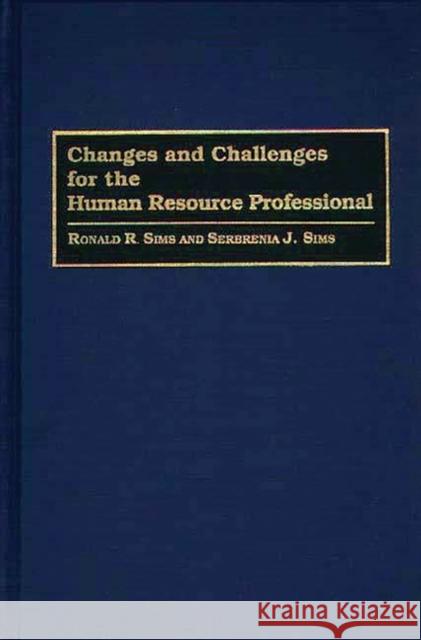Changes and Challenges for the Human Resource Professional » książka
Changes and Challenges for the Human Resource Professional
ISBN-13: 9780899308852 / Angielski / Twarda / 1994 / 272 str.
As we move through the 1990s, the role of HRM is becoming ever more demanding. HRM issues are replacing capital resource issues as the guiding force for today's and tomorrow's organizations. HRM professionals must respond to changes in the economy, government and legal influences, new organizational forms, and changing employee expectations. They must also anticipate changes in global competition and training requirements. In the future, HRM professionals must work to become equal strategic partners in their organization, if they are to add value to the company. Here is an in-depth discussion of current and future challenges and issues for HRM professionals and scholars of human resource managers.
The authors present these challenges, with specific examples of individual HRM managers and their department's responses to these problems. The authors discuss steps that HRM professionals need to take to become more efficient and productive with limited human resources. Cultivating ethical behavior, trust and teamwork, as well as the use of information systems are also addressed. Special attention is given to the need of HRM professionals to increase their competency in their expanding role of providing strategic advice to senior executives and line managers.











